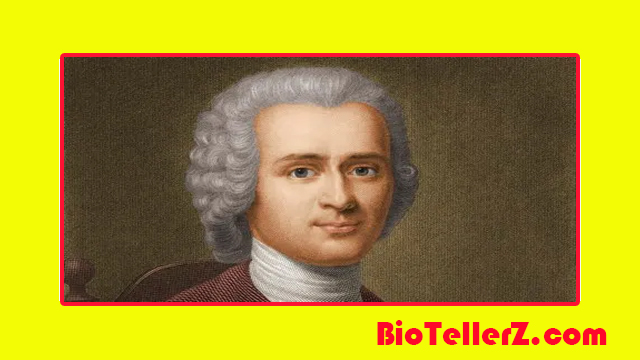
Jean-Jacques Rousseau
Young Age
Controversy Involving Rameau
The new Italian opera and the traditional French opera were supported by opposing factions of the nation’s music-loving populace, respectively. The philosophers of the Encyclopédie, including Jean Le Rond d’Alembert, Diderot, and Paul-Henri Dietrich, baron d’Holbach, entered the conflict as defenders of Italian music, but Rousseau, who had arranged for the publication of Pergolesi’s music in Paris and who knew more about the topic than most Frenchmen after months spent touring the opera houses of Venice during his time as secretary to, stood in opposition. Only Jean-Philippe Rameau, the greatest living French opera singer, was the target of his gunfire.
Rousseau and Rameau must have seemed to be losing the musical argument at the time. As the author of the renowned Traité de l’harmonie (1722; Treatise on Harmony) and other technical works, Rameau, who was already in his 70s, was not only a prolific and successful composer but also Europe’s foremost musicologist. In contrast, Rousseau was untrained in the arts, 30 years younger, new to the music scene, and only recognized for one successful opera. His proposal for a new musical notation was turned down by the Academy of Sciences, and the majority of his musical entries for Diderot’s Encyclopédie were still unpublished.
Rameau, however, discovered that he was facing a more formidable opponent than he had anticipated because the conflict was not only musical but also philosophical. According to Rousseau, melody should come before harmony, in contrast to Rameau’s contention that French music is superior to Italian music. By pleading for melody, Rousseau introduced what would later be viewed as a key idea of Romanticism: the notion that artistic freedom should take precedence over strict adherence to formal guidelines and accepted conventions. Rameau’s call for harmony reaffirmed the central tenet of French Classicism, which maintains that the goal of art is to impose order on the disarray of human experience and that art must abide by rules that are rationally comprehensible.
Political Philosophy
Rousseau began to reflect on some of the austere lessons he had learned as a youngster in the Calvinist republic of Geneva as he went through what he called his “reform,” or development of his own character. He did make the decision to return there, to renounce his Catholicism, and to submit an application for readmission to the Protestant church. In the interim, Thérèse Levasseur, a laundry maid without a formal education, had become his mistress. To the surprise of his friends, he brought her with him to Geneva while pretending to be a nurse. Because of his literary success, which had made him feel extremely welcome in a city that took great pride in both its culture and morals, Rousseau was quickly re-admitted into the Calvinist communion despite the fact that her presence caused some to raise an eyebrow.
Related Posts
Donald Trump – Best Guide in 2023
